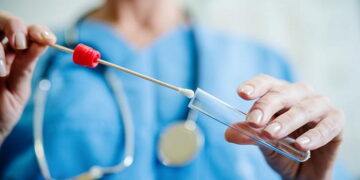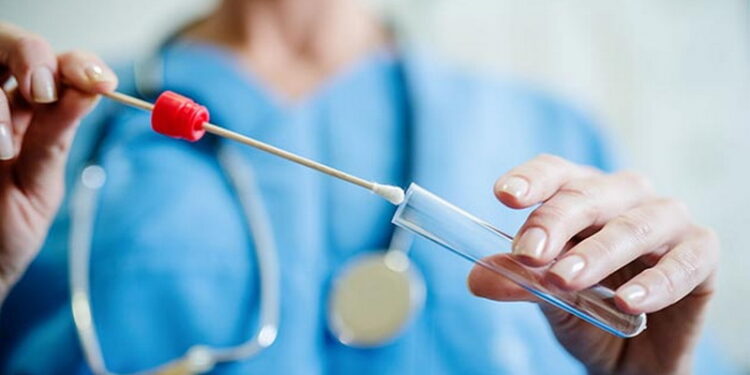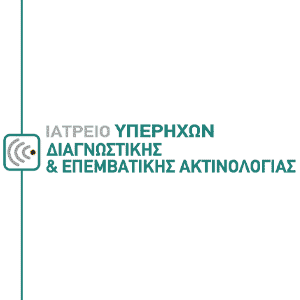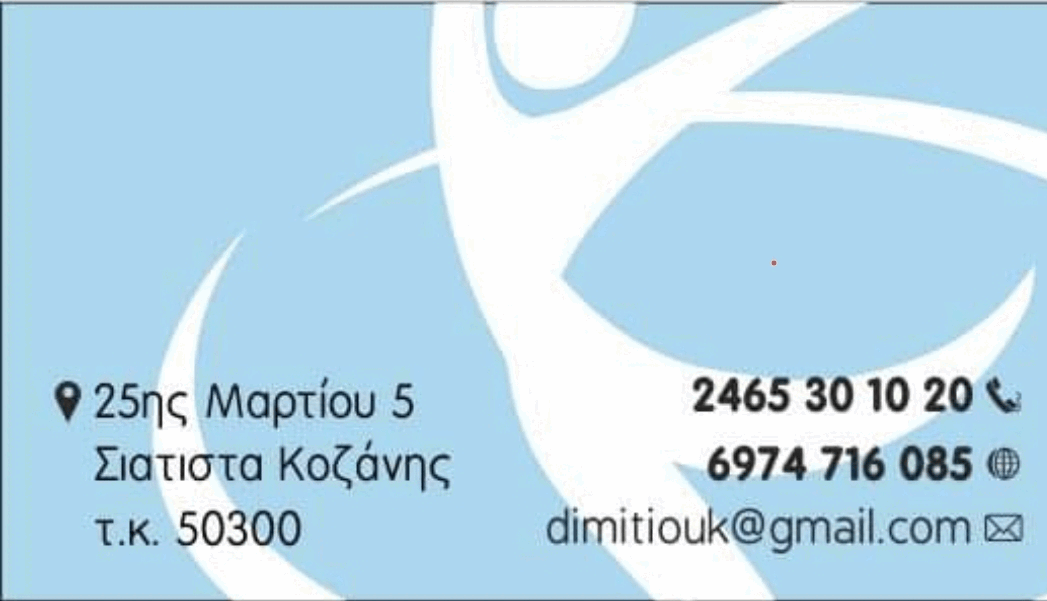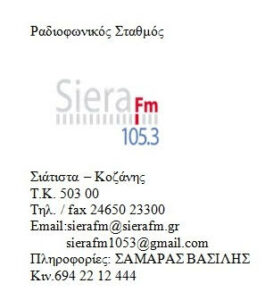Το συνηθισμένο μοριακό τεστ PCR για κορωνοϊό είναι πιθανότερο να βγει ψευδώς αρνητικό σε εκείνους τους ανθρώπους που ελέγχονται είτε νωρίς είτε αργά στην πορεία της λοίμωξης.
Γι’ αυτό οι άνθρωποι με συμπτώματα Covid-19 που κάνουν το τεστ και βγαίνουν αρνητικοί -ιδίως όσοι ζουν σε περιοχές με πολλά κρούσματα και υψηλό ιικό φορτίο- καλό θα είναι να το ξανακάνουν σε λίγες μέρες, για να επιβεβαιώσουν το αποτέλεσμα. Όπως αναφέρει το ΑΠΕ-ΜΠΕ, αυτό προκύπτει από μια νέα επιστημονική μελέτη στις ΗΠΑ, με επικεφαλής τη δρα Κάιτλιν Νταγκντέιλ της Ιατρικής Σχολής του Πανεπιστημίου Χάρβαρντ και του Γενικού Νοσοκομείου της Μασαχουσέτης, που δημοσιεύθηκε στο περιοδικό λοιμωξιολογίας «Open Forum Infectious Diseases», σύμφωνα με το «Nature».
Η έρευνα έγινε σε 15.011 ενήλικες που είχαν κάνει μοριακό τεστ , από τους οποίους οι 2.700 πήραν αρνητικό αποτέλεσμα και έκαναν ένα δεύτερο τεστ μέσα σε μερικές μέρες. Από όσους έκαναν το επαναληπτικό μοριακό τεστ, οι 60 (ποσοστό 2,2%) βγήκαν τελικά θετικοί στον ιό SARS-CoV-2.
Από αυτούς, οι έξι στους δέκα (ποσοστό 60%) είχαν κάνει το πρώτο αρνητικό μοριακό τεστ -το οποίο τελικά αποδείχθηκε ψευδώς αρνητικό- είτε μία μέρα πριν την έναρξη των συμπτωμάτων τους (οι 18 στους 60 ή ποσοστό 30%), είτε μετά την έβδομη μέρα από τα πρώτα συμπτώματα (επίσης ποσοστό 30%).
Από αυτό, οι ερευνητές κατέληξαν στην εκτίμηση ότι το μοριακό τεστ είναι πιθανότερο να βγει ψευδώς αρνητικό είτε στο αρχικό προσυμπτωματικό στάδιο της λοίμωξης Covid-19, είτε σε προχωρημένο στάδιο μετά την πρώτη εβδομάδα με συμπτώματα. Σύμφωνα με τη μελέτη, η μεγάλη πλειονότητα των ανθρώπων με ψευδώς αρνητικό τεστ (οι 52 στους 60 ή ποσοστό 87%) είχαν συμπτώματα κορωνοϊού, ενώ αρκετοί επίσης είχαν ακτινογραφία θώρακα με εικόνα που παρέπεμπε σε Covid-19.
Τα μοριακά τεστ PCR (μοριακής αντίδρασης πολυμεράσης) -τα πιο αξιόπιστα εν μέσω πανδημίας- ανιχνεύουν το γενετικό υλικό του κορωνοϊού στο ληφθέν δείγμα από τη μύτη ή το φάρυγγα, ενώ τα γρήγορα τεστ αντιγόνου (rapid) ανιχνεύουν συγκεκριμένες πρωτεΐνες (αντιγόνα) στην επιφάνεια του κορωνοϊού.
Πηγή: iefimerida.gr
